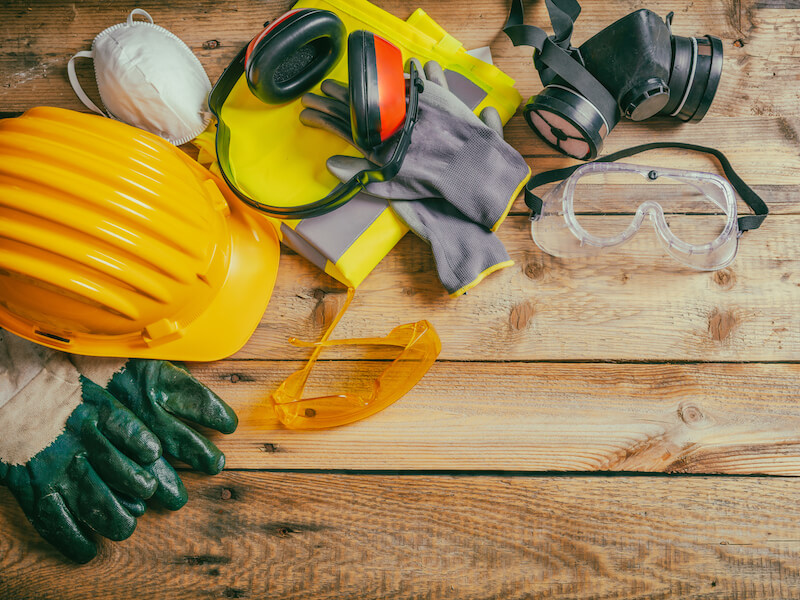
Each year, about 2 million workplace injuries are reported. Typically, we think about a hand caught in a piece of machinery or a flying projectile when we consider work-related injuries.
But there is a far more insidious on-the-job injury that is even more prevalent and frequently undetected. It sneaks up on people extremely gradually over the course of several years. The majority of people don’t even detect it’s happening until it becomes significant. People often make excuses. “It will go away” or “I’m just getting older. This response is normal.
And it’s unusual for people to even acknowledge that their workplace is to blame for this injury.
The insidious injury is hearing damage. There are several warning signs you should identify, and there are essential steps you need to take if you think the damage is already done.
Exactly When Does The Volume Become “Too Loud”?
Your hearing can be irreversibly damaged with regular exposure to as little as 85 decibels (dB) over a long period. Seventy-five dB, for example, is the average volume of a vacuum cleaner. A lawnmower produces 85 dB. If you’re exposed to a chainsaw or leaf blower you’re dealing with 100 dB. A gunshot is about 140 dB.
How loud is your workplace? Are you being exposed to the most prevalent workplace injury? If you’re regularly exposed to noise as loud as a lawnmower, even if it’s not constant, your hearing is likely to become damaged over time.
Hearing Damage Signs
You’re absolutely damaging your hearing if you work in a loud environment without hearing protection.
Your experiencing hearing loss if you notice any of the following signs:
- Loud sounds cause pain in your ears.
- Your family and friends tell you your TV, radio, or computer tablet volume is too loud.
- You’re hearing sounds in your ears like ringing, hissing, or whistling.
- consonants get confused – “Todd” sounds like “Dodd,” for example.
- You frequently ask people to repeat themselves.
- You can’t understand the person speaking if there’s background noise.
- When people speak, you tend withdraw.
- When you talk with people you always believe they are mumbling.
- Conversations sound muffled.
How is Hearing Damage Being Tackled by Employers?
Businesses and organizations are utilizing the latest technology to reduce workplace noise in excessively loud environments. Government agencies are endeavoring to update recommendations that will reduce workplace noise and protect employees.
Employees are speaking out as they become mindful of the chronic damage that workplace noise is causing. Further change will come as their voices are heard.
Preventing Further Damage
Protecting your ears before they are damaged is the best plan if you work in a loud setting. Using protective headphones or earplugs while at work will help minimize potential damage.
Schedule an appointment for a hearing test as soon as possible if you think a noisy workplace has caused injury to your hearing. You will learn how to prevent added damage when you find out how much hearing damage you’re dealing with. We address any hearing damage you already have and develop strategies to help you prevent any additional damage.